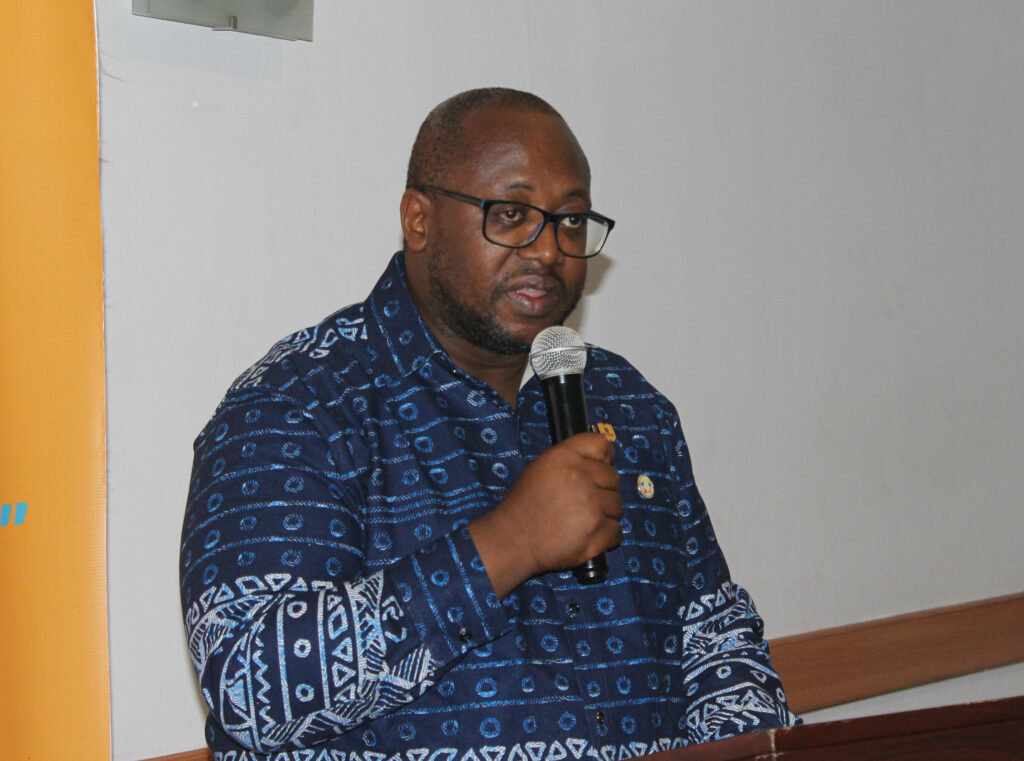Citizens’ access to information critical for consolidating good governance – CDD-Ghana

Dr Kojo P. Asante, Director of Programmes and Advocacy, Ghana Centre for Democratic Development (CDD-Ghana) has reiterated that citizens’ access to information is a critical ingredient for consolidating good governance.
He noted that amongst the challenges to governance in Africa was the lack of citizens’ access to information and data.
Dr Asante said this in Accra at the opening of a five-day ‘Stakeholder Engagement on Governance, Democracy and Human Rights in Africa.’
The project, led by Afro barometer (AB), together with four other institutions – The Ghana Center for Democratic Development (CDD-Ghana), the Institute for Development Studies (IDS), the Institute for Justice and Reconciliation (IJR), and the Laws Africa, seeks to strengthen implementation of the African Governance Programme (AGP) on democracy, governance, and human rights agenda.
The project, which is being funded by the European Union, seeks to promote data-based advocacy and engagements among Pan-African Civil Society Organizations (CSOs) and African Governance Platform (AGP) members.
Through the Afrobarometer surveys, the D4GA project would produce data on African citizens’ perceptions on a number of governance issues, including human rights, women and youth rights, corruption, and security.
This is the first of three convenings planned for 2022. The second convening would take place in Cape Town in South Africa from October 3rd to 7th, and the final one would be held in Nairobi in Kenya from October 17 to 21.
Dr Asante said both the African Union’s (AU) Agenda 2063 and the United Nations (UN) Sustainable Development Goals share citizens centred approach to governance, however, this was challenged by declining coverage, quality, and frequency of publicly available data for key data categories in Africa.
Adding that coupled with this, there was a lack of awareness and visibility of the AGP Agenda and efforts to promote it.
He said CSOs often face challenges in accessing information about the African Union platforms and processes, and that compliance to AGP Protocols was also inhibited by a lack of transparency and access to information.
“This project, and its planned activities seek to tackle these impediments to CSO actions and the AGP success in pursuit of its agenda.”
He said over the decades, progress in democracy, good governance, and respect for human rights across Africa had been halting at best, and as reported by the Afrobarometer, Mo Ibrahim Foundation and Freedom House, there were concerns about regression in many countries.
Dr Asante said these concerns had been heightened as governments continue to claim extraordinary powers in the guise of responding to challenges brought about by the COVID-19 pandemic and challenges with violent extremism.
He cited that the World Justice Project 2020 Rule of Law Index shows that 65 per cent of Sub-Saharan Africa countries scored below the median, and there was shrinking space for legal recourse to protect human rights since the dissolution of the Southern African Development Community Tribunal, and the weakening of the African Commission on Human and People’s Rights.
He recalled that CDD-Ghana together with over 30 CSOs in West Africa just launched a transnational platform known as the West Africa Democracy Solidarity Network (WADEMOS), last Thursday (September 15).
He said WADEMOS seeks to mobilize pro-democracy CSOs and civic groups to counter democracy backsliding.
He said the staff of the WADEMOS secretariat would help to increase their knowledge and acquire additional skills to support CSOs to work together to defend and promote democratic development in Africa.
Dr Asante said he was therefore optimistic they were already on their way to achieving the objective of the project and that of D4GA.
Source: GNA
